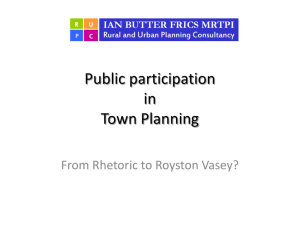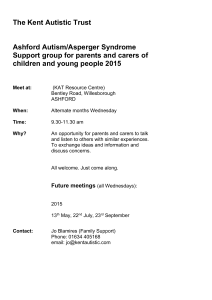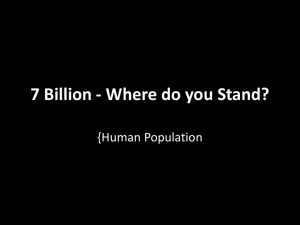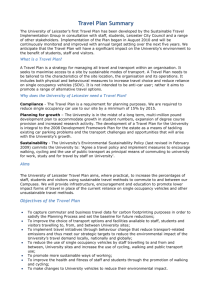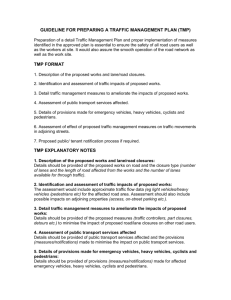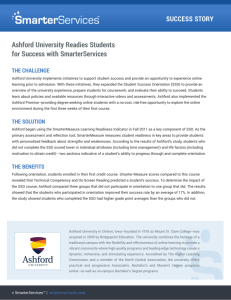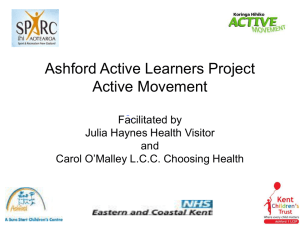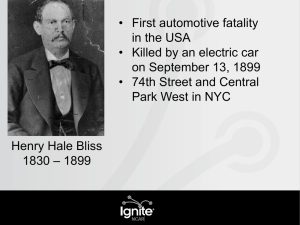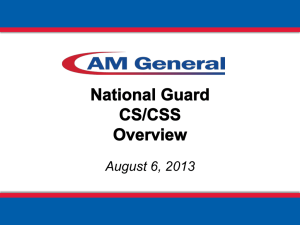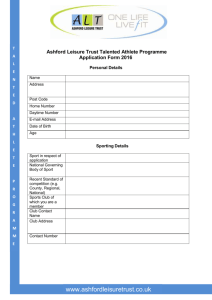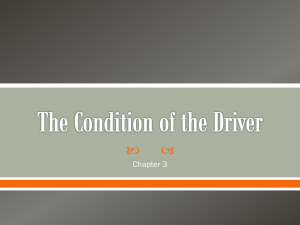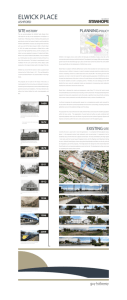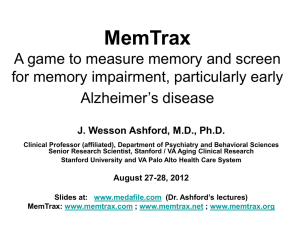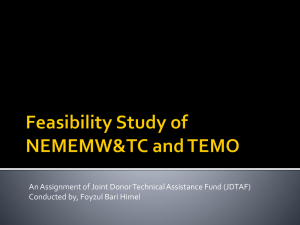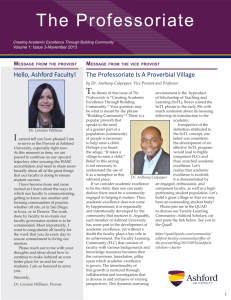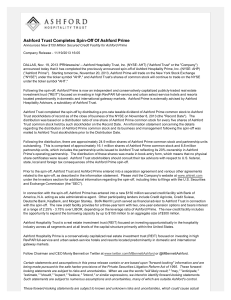Dr Angela Raffle and Dr Adrian Davis
advertisement
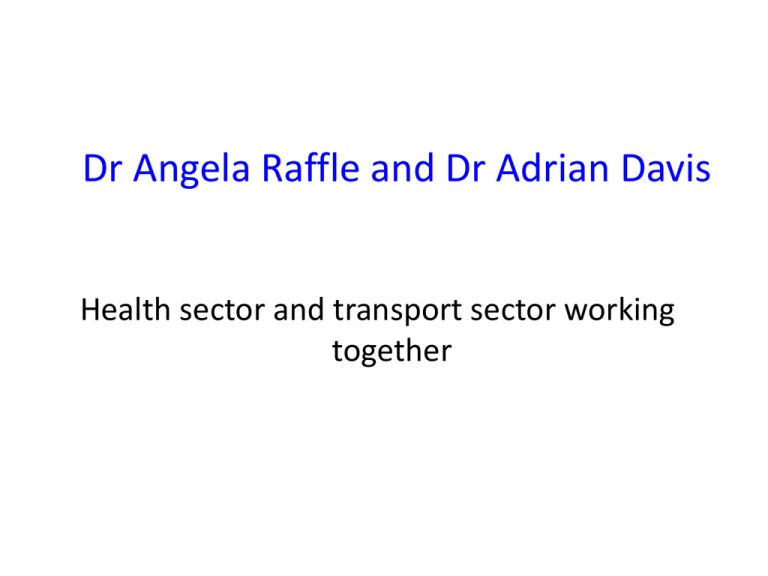
Dr Angela Raffle and Dr Adrian Davis Health sector and transport sector working together Why bother? • Because Health Sector generates a significant amount of travel – we need to reduce the impact • Because our overall transport system has profound impacts on health – we need to make these positive • Because mutual understanding and trust, sharing of expertise, and combining forces makes sense where we have common goals ‘In England no person would walk if he could possibly help it’ Comment from a visitor from abroad in 1557 – quoted in Thomas K ‘Man and the Natural World’ ‘English rule has certainly benefited Ireland, as even the poorest now ride on horseback where before they ran on foot like animals’ Comment from Sir William Petty in 17th Century – quoted in Thomas K ‘Man and the Natural World’ Some myths that get in the way • That Traffic means vehicles. That high vehicle speed is a goal in itself. This distorts attention from fact that reliable efficient movement of people and goods is what matters • That GDP is an end in itself. In truth it is local long term prosperity that matters • That less single occupancy private vehicles is automatically bad for business. The evidence is it can be very good for local business • That resource depletion can safely be ignored, Even Lloyds/Chatham House says it can’t. • That the sustainable/healthy travel lobby are naïve zealots. We try our best not to be How efficient is transport? • “Tank to wheels” • Per person • Mostly for typical occupancy levels From Mackay 2009 Reflections on cross sectoral working • • • • • Outright hostility Passive resistance Polite but patronising/tolerated/arms length We’ll use it to just get money out of them Pretend to go along with it whilst really thinking they are troublemakers • Actually on this issue if we work together we can do it better • We trust them, we’ll look for joining forces wherever possible Minutes travel by bicycle from the nearest Community Health Staff Base Yellow – 0 to5 Orange – 5 to 10 Red – 10 to 15 Major scheme design principles Snow Hill ex expressway Birmingham, google transport route hasn’t kept pace with the paradigm shift that the satellite photo reveals Ashford West St before, 4 lanes one direction, barrier to walking/cycling, ‘boy racers’, excessive speeds Ashford, West St, after. Congestion gone, 21.5 average speed, noise air quality improved Major scheme design principles • Multidisciplinary working from the outset, and community engagement strategy and communications from the outset, starting with all walk the route together • Mapping of current and future walking and cycling flows to inform design from the outset. Continuous, direct, convenient, safe, attractive. Planned for not just grudgingly accommodated. • Serious and careful attention to bus stops, and interactions between buses and other modes • Calm vehicle speed designed in through perceived carriageway width, frontages, trees, layout, materials etc • Parking (cycles and vehicles) designed in from outset • Preserve existing natural and historic features, green infrastructure, sustainable drainage We care about making the West of England a great place to get about in, and we want the health sector to be helping you in your work towards this goal
